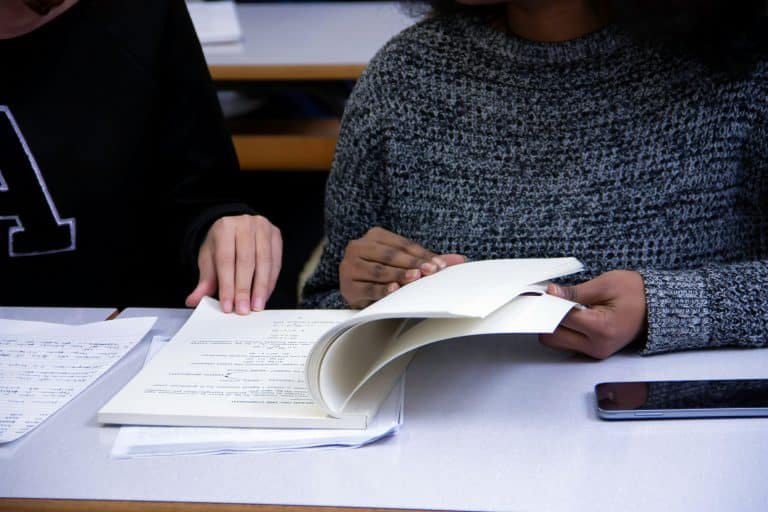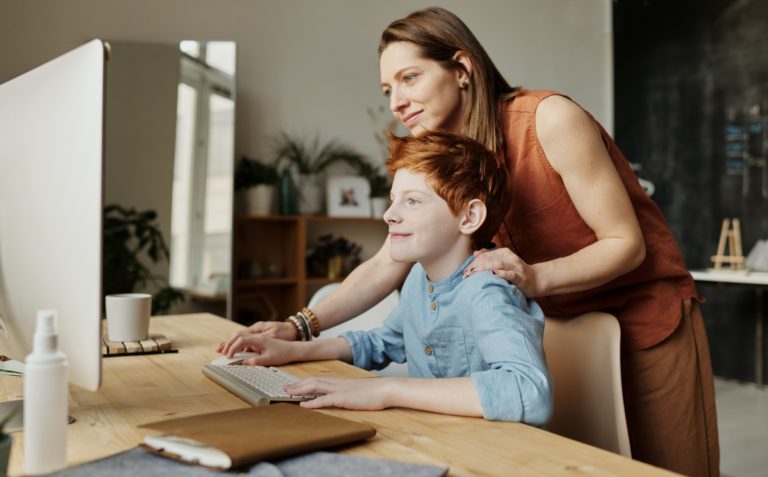Hindsight is 20/20. Looking back, there are so many things that make us recoil now, like smoking in restaurants or daily trips to the tanning beds. Last month, the US Surgeon General issued a warning about another risk to young people that we might be underestimating: social media.
Even though it’s hard to remember a time before Facebook, Instagram, and TikTok, widespread social media usage is, in reality, a relatively new phenomenon. As Dr. Vivek Murthy ominously described it, our kids have “become unknowing participants in a decades-long experiment.” We don’t know the effects of getting a smartphone at age 9, experiencing the dopamine-rush of Instagram “likes” at age 13, or falling into the rabbit hole of the TikTok algorithm every day in the cafeteria. Dr. Murthy might not know the extent of the long-term consequences, he outlines two of the very real and present dangers: content-related problems (including negative self-image or bullying), and user-related problems (including poor sleep and addiction).
Most of us are aware of the mental health crisis raging in adolescents today. In one decade, between 2011 and 2021, the number of teens and young adults with clinical depression doubled. Also in 2021, the CDC discovered that nearly 25% of teenage girls had made a suicide plan. How did we get here?
While it’s reductive to say that social media is the sole cause of Gen Z’s declining mental health, it certainly plays a role. Most teenagers struggle with comparison – now, they are comparing themselves to everyone else’s online highlight real morning, noon, and night. Embarrassing moments are going viral. Bullies are hiding behind usernames. Our 24/7 social media content has become an exercise in smoke and mirrors (well, filters and FaceTune).
As parents, what can we do? It’s never easy, but we can lay down the law. We can restrict their phone time, monitor their accounts, set social media “curfews,” and schedule weekly phone-free days. We can model good phone and social media behaviors ourselves. We can help our kids find meaning in enriching activities and connect with people who share their values. Perhaps most importantly, we can have candid discussions about the fictitiousness of social media, the risks associated with creating an online footprint, and the detrimental effects it can have on our mental health. We can remind them of their worth as human beings and encourage them to look beyond likes and follows.
And if we don’t take action, the powers that be might. In March, Utah announced that it will become the first state to set a statewide social media curfew for minors. Between the hours of 10:30 pm and 6:30 a.m., minors will be barred from using all social media sites. Arkansas just passed a new law that requires minors to get parental permission before creating any social media account. At first glance, these laws might seem drastic. Will hindsight, once again, prove 20/20?





